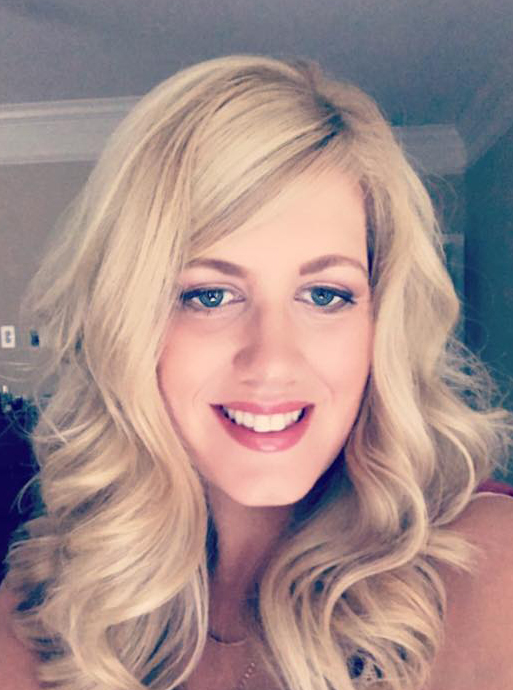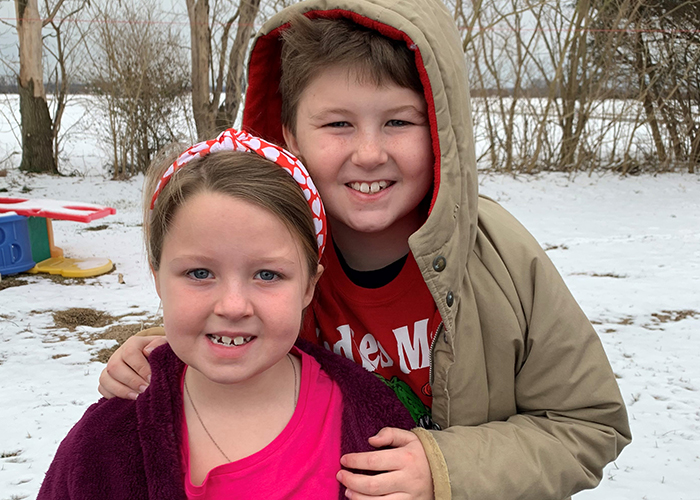The Good, the Bad, and the Reality of Life after Cancer
I know we talk a lot about life after cancer—how you might feel, what to expect, and all about your new normal. We have classes to prepare you for re-entry into the world as a cancer survivor. And we talk a lot about your feelings. It may seem overdone and exhausting, but I think it’s necessary and above all—it’s positive. It means that survival is up and people are looking to live a better, fuller life. Surviving is no longer the main goal—thriving is. So, positivity aside, what are the best and worst things about life after cancer?
- New Found Strength: Your body may feel weaker, but your spirit is strong. The word endurance takes on 2 forms—a noun, which is the “power of enduring a difficult process or situation without giving me, and an adjective which is relating to an event that demands great physical stamina. The strength you use endure cancer is both emotional and physical. Your body will get stronger every day and your mind will have new insight.
- Side Effects Stick Around: Unfortunately, finishing cancer treatment does not immediately eliminate all traces of the fight. Your body has been through it, and it won’t ever be the same. Numbness in different parts of your body may have to become a part of your new normal. Fatigue, headaches, or general pain may be more common. Many times, you’re on medication for years after you are cancer free to be sure your body stays that way.
- Your Confidence May Surprise You: You and your body just kicked cancer’s butt. You can do anything! Take that road trip, wear that dress, and make new friends. You may not actually be invincible, but it may seem like it. Embrace it, have fun, and make memories of a lifetime.
- Fear: Although you may feel confident, there is always a fear of the cancer returning. It is actually a form of PTSD, and the fear might take you off guard. Will it come back? How can I prevent it? Is this normal? How far out can I plan in case the cancer returns? What do I need to do to make the most of the time I have left? This one is the reason that we have all the classes and resources available after you finish treatment. You need coping mechanisms in place for when this fear strikes. It is unavoidable, but with the right tools it doesn’t have to rule every moment of your day.
- Cancer Changes You: I think this point is the embodiment of the best and worst parts of life after cancer. You will never be the same. Your body is different. Things that were important to you before just aren’t anymore. It’s harder to connect with people and it can get lonely. But you appreciate the people you love and the time you have. You use your time more wisely and rearrange you priorities because you know what you want. But the fear of never having enough time gnaws at you and can affect your relationships. There is no going back to normal as your knew it before.
Everyone’s story is different, but there is always a common thread. How you choose to move forward is your story to decide. Know that the ups and downs are normal and you are never alone.
PREVIOUS ARTICLE



